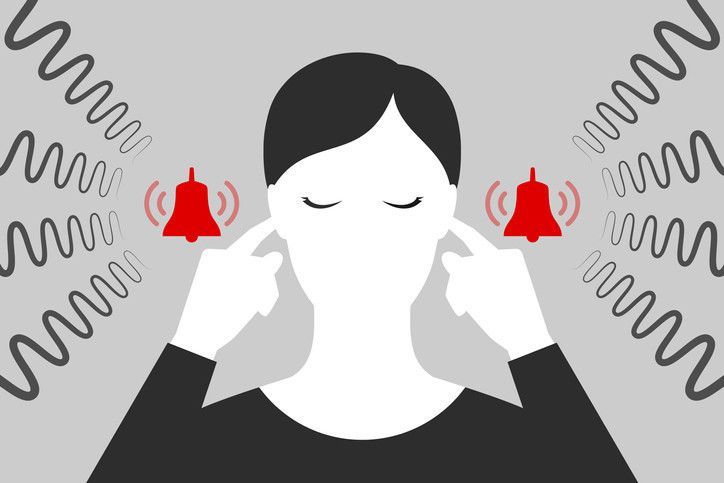
👂 Breakthrough in the treatment of tinnitus
Researchers are hopeful about the results of a new study that investigated the treatment of tinnitus.
Share this story!
Hearing phantom sounds, such as screeching or buzzing, is a common problem for those with tinnitus, but the cause behind the symptoms can vary – and is sometimes completely unknown. Treatment of tinnitus has long been sought without direct progress. Often, treatment involves working with physical or psychological problems that are suspected of causing the problems.
However, a recent clinical trial using mobile phone-based therapy shows promising results, reports the University of Auckland. In the study, the patients were divided into two groups where one received personalized polytherapeutic treatment (more than one treatment method is used at the same time) and the other group used a self-help app with white noise.
Within the polytherapeutic treatment group, 65 percent of participants showed significant improvement after 12 weeks, while the other group showed no improvement.
"This is more significant than some of our previous studies, and will likely have a direct impact on future methods of treating tinnitus", says Grant Searchfield, one of the authors of the study.
More efficient and faster
The method must be more effective than previous attempts with white noise, goal-based counseling and other technology-based methods, which are sometimes effective for some patients. This approach is faster and more effective, as it takes 12 weeks instead of 12 months for more individuals to gain control of symptoms, according to Searchfield.
What this treatment does is basically rewire the brain in a way that reduces the sound of tinnitus to a background noise that has no meaning or relevance to the listener, Searchfield continues.
"65 percent of the participants reported an improvement. For some, this was life-changing, as tinnitus had taken over their lives and attention. Others noticed no improvement, and their feedback will affect personalization", adds Philip Sanders, co-author of the study.
Worth noting, however, is that the study was very small, with only 61 participants. The next step is to adjust the prototype and move on to larger local and international studies.
The entire study can be read here.
By becoming a premium supporter, you help in the creation and sharing of fact-based optimistic news all over the world.


